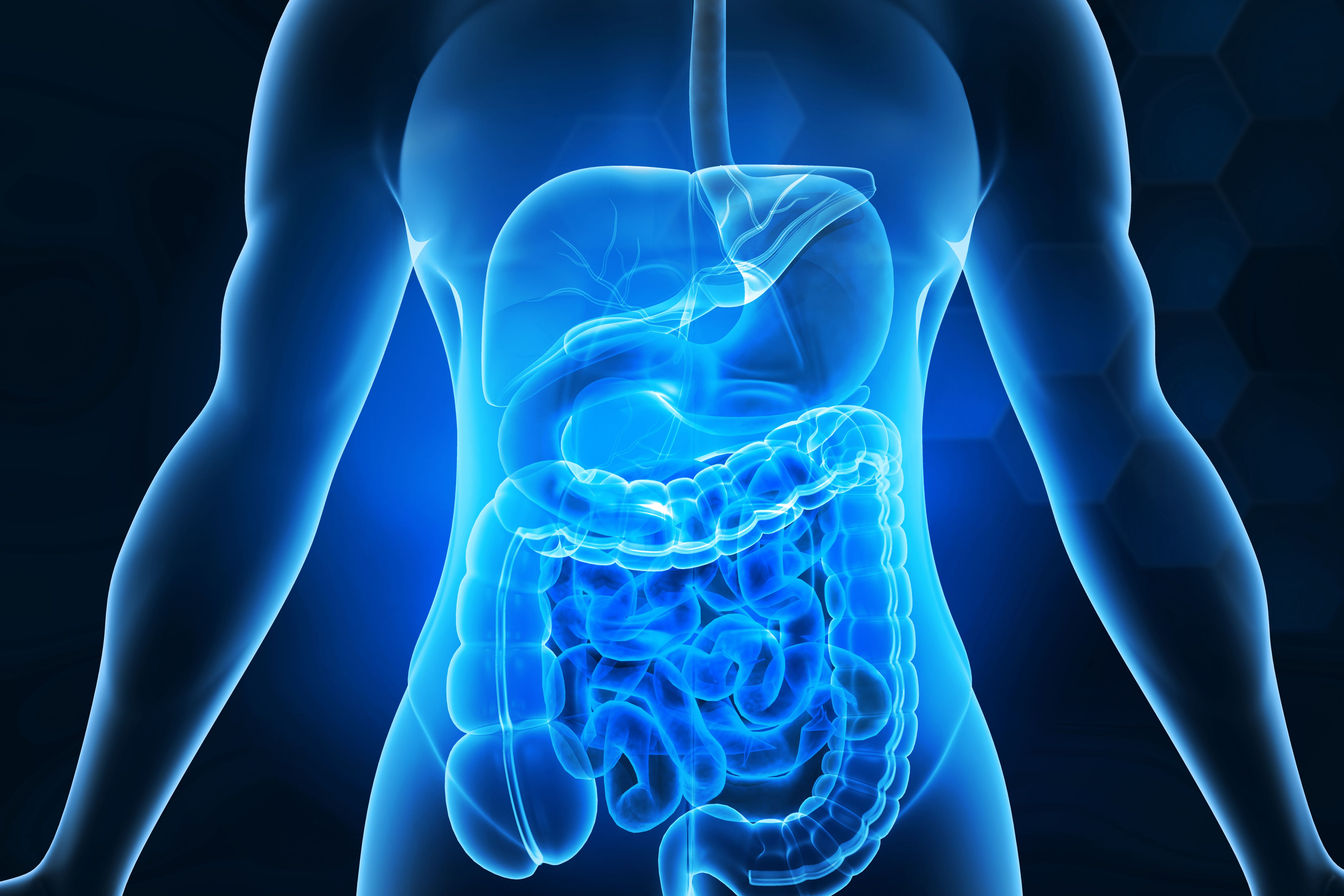Quiet Gut, Sharp Mind: The Gut-Brain Connection and Longevity
Understanding the Gut-Brain Connection
The gut-brain connection is a fascinating area of study that has garnered significant attention in recent years. This complex communication network showcases how intricately our digestive system and brain are linked. The gut, often referred to as the "second brain," contains millions of neurons and is capable of influencing our mood, mental health, and even cognitive functions.
The gut-brain axis is a bidirectional communication system that involves various pathways, including neural, hormonal, and immune pathways. Research suggests that disruptions in this axis can have profound effects on our mental well-being and overall health.

The Role of the Microbiome
Central to the gut-brain connection is the microbiome, a diverse community of microorganisms residing in our intestines. These microbes play a crucial role in digesting food, producing vitamins, and protecting against harmful pathogens. More importantly, they influence the production of neurotransmitters like serotonin, which significantly impacts mood and cognition.
Maintaining a healthy microbiome is essential for a balanced gut-brain connection. Diet, stress levels, and lifestyle choices can all affect the composition of our gut bacteria, either positively or negatively.

Gut Health and Longevity
Emerging research indicates that a healthy gut can contribute to a longer life. A well-balanced microbiome supports efficient digestion and nutrient absorption, reducing inflammation and promoting immune function. These factors collectively enhance longevity and quality of life.
Longevity isn't just about living longer; it's about thriving as we age. A well-functioning gut-brain axis can help maintain cognitive sharpness, emotional balance, and physical vitality throughout our lifespan.
Strategies for a Healthy Gut-Brain Axis
Nurturing the gut-brain connection involves adopting certain lifestyle practices. Here are some strategies to consider:
- Balanced Diet: Incorporate a variety of fiber-rich foods, probiotics, and fermented products to support a diverse microbiome.
- Regular Exercise: Physical activity enhances gut health by promoting the growth of beneficial bacteria.
- Stress Management: Practices like meditation, yoga, and deep breathing can reduce stress and its adverse effects on the gut.
- Adequate Sleep: Quality sleep supports both brain health and gut function.

The Future of Gut-Brain Research
The exploration of the gut-brain connection is still in its early stages, but it holds promise for revolutionizing how we understand mental health and aging. Scientists are investigating how targeting the microbiome could lead to novel treatments for neurological disorders and age-related cognitive decline.
Continued research in this field may uncover new strategies for enhancing longevity and mental acuity through simple lifestyle adjustments. As we deepen our understanding, the potential for improving human health via the gut-brain connection seems boundless.
